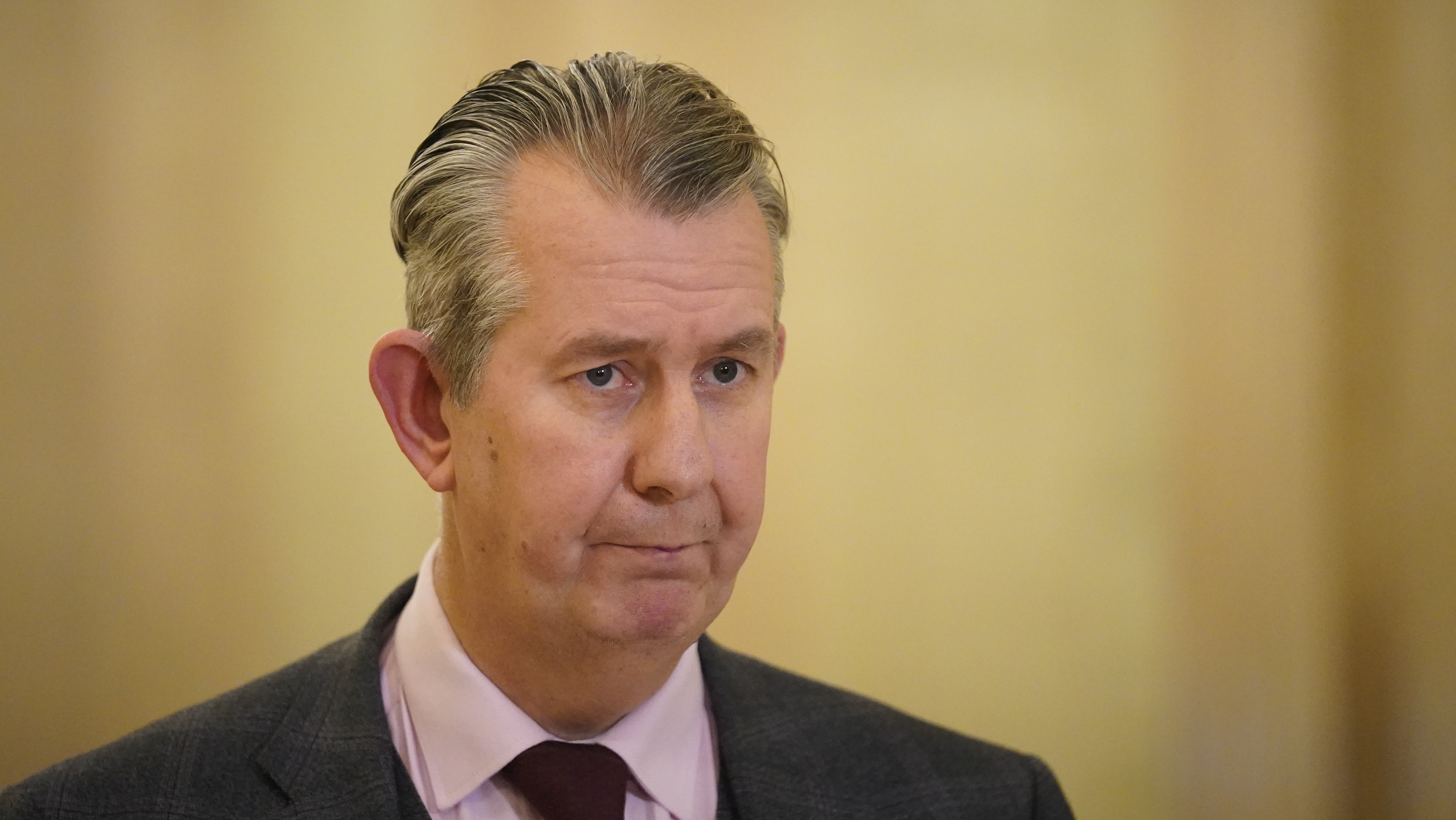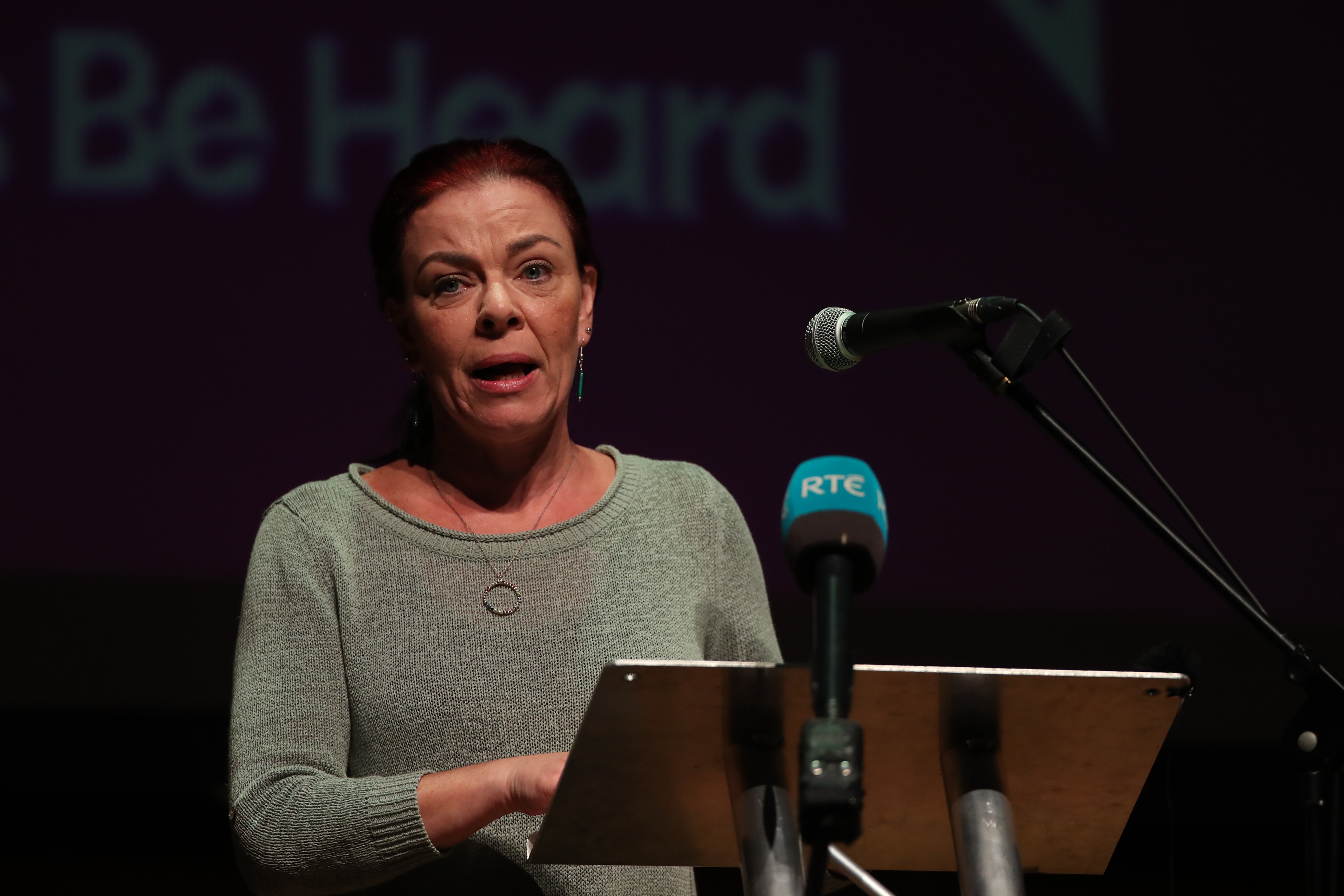
One of Northern Ireland’s two competing climate change bills has passed another Assembly hurdle and will now move to its final Stormont stage.
The Climate Change (No2) Bill, which is proposed by Agriculture Minister Edwin Poots, passed its further consideration stage in the Assembly on Tuesday.
An alternative climate Bill proposed by Green Party NI leader Clare Bailey is also going through the Assembly stages, but is not as far advanced as Mr Poots’.
Northern Ireland is currently the only part of the UK and Ireland without its own dedicated legislation to tackle climate change.

MLAs resumed and completed voting on a variety of amendments to Mr Poots’ Bill on Tuesday in a debate that originally commenced on Monday.
Prior to the further consideration stage, Mr Poots’ Bill had already been significantly amended by MLAs in February, with his preferred target of an 82% reduction in greenhouse emissions by 2050 increased to net zero emissions by the same date.
The DUP minister has warned that that revised target could have devastating consequences for Northern Ireland’s farming community.
Ms Bailey’s Bill proposed an even more ambitious target of net zero by 2045.
On Monday, Mr Poots tabled a number of amendments to his Bill in the Assembly that sought to minimise its effect on the agriculture sector.
The Assembly backed his amendment proposing that the overall net zero target should incorporate a different target for methane gas of 46% reduction by 2050.
However, MLAs rejected another amendment which had proposed that greenhouse gas emissions from agriculture sources should not be included when measuring Northern Ireland’s progress in reducing emissions.
On Tuesday, an amendment tabled by Mr Poots inserting a requirement for regulations to establish a scheme to administer a “Just Transition Fund for Agriculture” was among those passed.
A series of Sinn Fein tabled amendments were also passed.
Those included the insertion of a line recognising that the “island of Ireland is a single biogeographic unit”.
Another successful amendment incorporates a requirement for financial, social, economic and rural impact assessments on the effects of the climate proposals and policies.

A further Sinn Fein amendment backed by a majority of MLAs stated that due regard is given to the “special economic and social role of agriculture”, including with regard to the “distinct characteristics of biogenic methane”.
At the outset of the debate on Monday, Mr Poots said the consequences of war in Ukraine must be factored into planned climate change laws for Northern Ireland.
He stressed the importance of Northern Ireland protecting its domestic food production industry as he warned of the potentially huge global ramifications of the conflict.
“No-one anticipated war in Europe in this century,” he said.
“No-one anticipated that the second largest producer of fossil fuels in the world, of oil and gas, would invade one of the largest food providers in the world.”
He added: “Decisions that we make in this country must be in the best interest of the people that we represent.
“And one of them should be that we sustain our ability to produce food for the people that live in these islands.”
Replying to Mr Poots, Sinn Fein MLA Philip McGuigan told the Assembly he thought the minister’s ill-fated bid to exclude agricultural emissions from the measurement of Northern Ireland’s emission output was an early April Fool’s joke.
“This should never have become a battle between agriculture and environment and whilst that may have suited some in this chamber to frame it that way it has done a disservice to this climate legislation debate,” he said.







